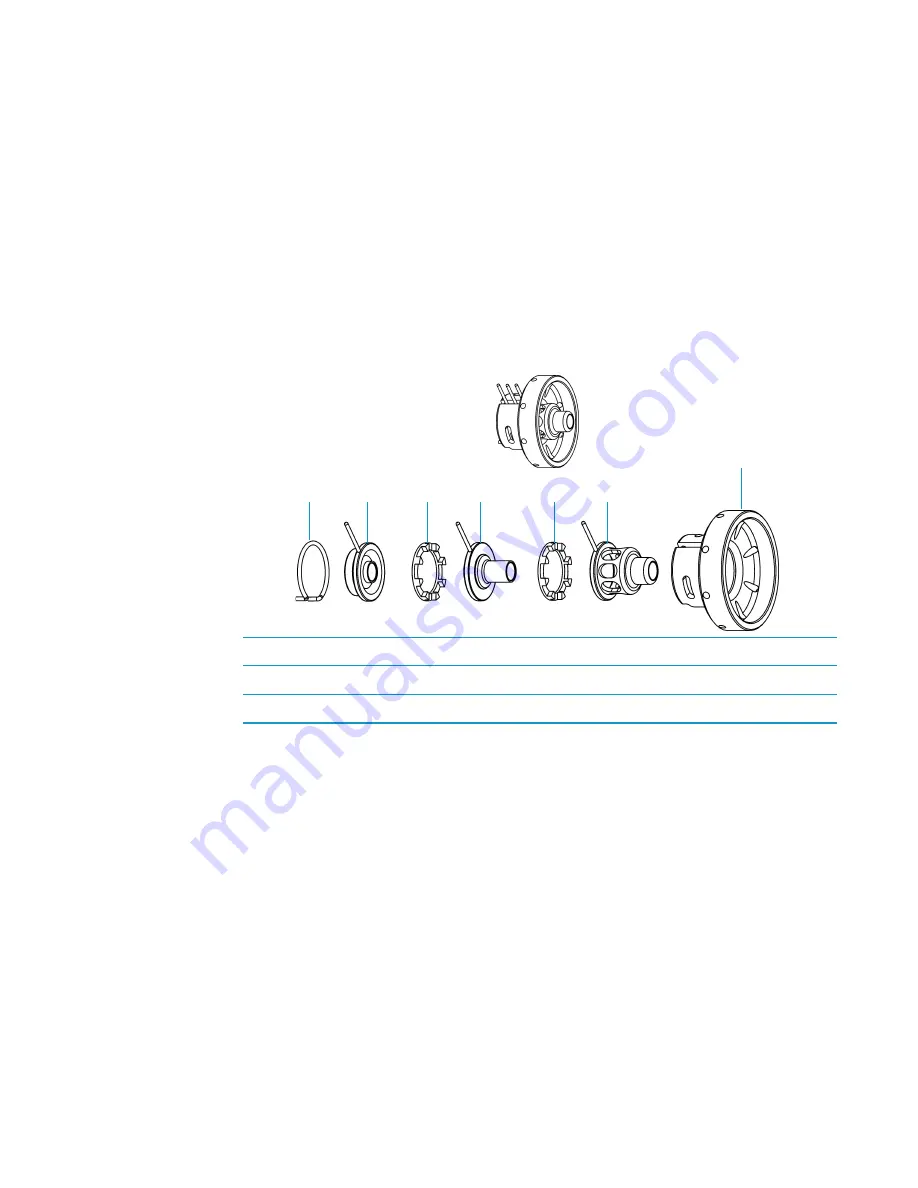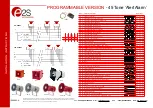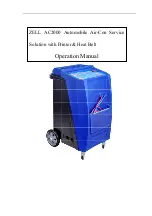
5
Ion Source and Inlet Valve
Ion Source
Thermo Scientific
DSQ II Hardware Manual
173
Lenses
Lenses transmit the ions formed in the ion volume to the prefilter. The lenses are stainless steel
plates and tubes to which voltages are applied. The three lenses are designated L1, L2, and L3,
with L1 being nearest to the ion volume.
A lens’ electrical connection is made through a stainless steel pin protruding from the edge of
the lens. A small 3-pin lens connector attaches to these pins and carries the voltage from the
electrical feedthrough to the lens.
Figure 90.
Ion Source Lenses
1
Lens Clip
4
Lens 2
2
Lens 1
5
Lens 3
3
Two Lens Spacers
6
Lens Holder
1
2
3
4
3
5
6
Summary of Contents for DSQ II
Page 1: ...DSQ II Hardware Manual 120299 0002 Revision C December 1 2009 ...
Page 4: ......
Page 8: ......
Page 36: ...1 Basic Operations Shutting Down the GC MS System 20 DSQ II Hardware Manual Thermo Scientific ...
Page 198: ...5 Ion Source and Inlet Valve Inlet Valve Upgrade 182 DSQ II Hardware Manual Thermo Scientific ...
Page 202: ...6 Prefilter and Quadrupole 186 DSQ II Hardware Manual Thermo Scientific ...
Page 206: ...7 Ion Detector Electron Multiplier 190 DSQ II Hardware Manual Thermo Scientific ...
Page 242: ...226 DSQ II Hardware Manual Thermo Scientific Index ...
















































